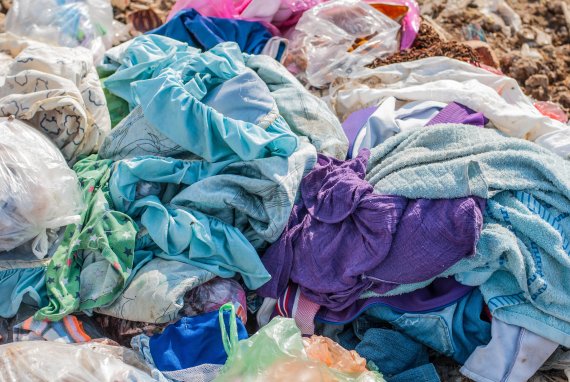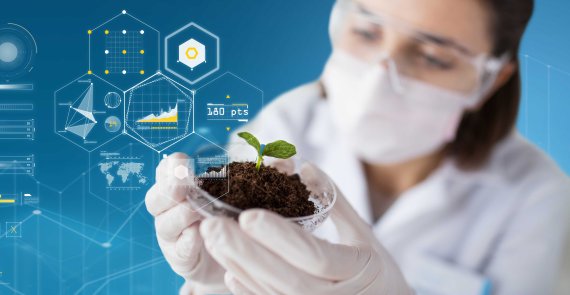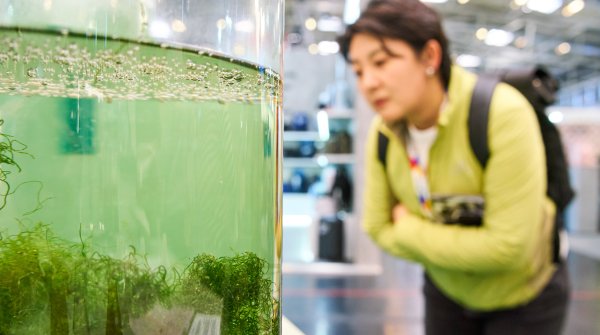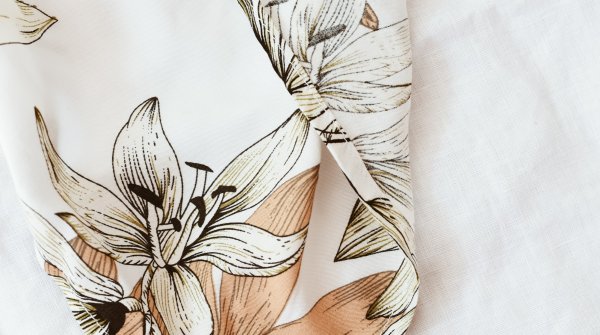
At the recent ISPO Textrends bio-based products made a statement with We are Spin Dye’s new polyactic acid biodegradable polyester version. Archroma has challenged the dye industry with its natural waste base dyes, replacing oil-based raw material for renewable natural materials to synthesize dyestuffs. Now there is a new branded bio-based synthetic being developed, a collaboration between Aquafil.com and Genomatica.
When you consider that conventional and recycled synthetics can take decades to decompose at landfill alternative sources are required. With the market still requiring the tenacity and performance synthetic yarns bring, the new bio-synthetics are increasing in interest as a cleaner alternative with accelerated decomposition.
Aquafil and Genomatica have announced a multi-year agreement to create sustainable caprolactam, a key ingredient to producing 100 percent sustainable nylon. The collaboration aims to develop a commercially advantageous bioprocess (Genomatica’s GENO CPL process) to make caprolactam using plant-based renewable ingredients, rather than the crude oil-derived materials traditionally used by the nylon industry.
Aquafil already has ECONYL recycled nylon yarn derived from 100 percent recycled nylon waste such as fishing nets and industrial waste in its yarn portfolio. The bio-based caprolactam – an ingredient used in the production of nylon – will be derived from renewable or plant-based feedstocks.

Genomatica’s GENO CPL process is being developed to use the sugars from renewable feedstocks in developing the yarns. These sugars have the potential to come from a variety of sources. Specific plants may use different feedstocks depending on regional availability, suitable technology for providing such feedstocks, and overall process economics.
But are bio-synthetics as good in terms of quality as recycled nylon? That is the aim, explained Giulio Bonazzi, CEO of Aquafil. “Despite the difference in source material, the goal is for the bio-based product to be identical to ECONYL – and petroleum-based nylon – in quality and performance.”
As with many new ingredient brands, especially with a strong sustainable signature coming to the market, price can be at a premium. “Prices have not yet been set for the bio-based product. However, the objective is to develop a process that is genuinely commercial. Aquafil and Genomatica are aiming for a product that is competitive in the marketplace, as Genomatica has already done with GENO BDO™,” he said.
Whilst Mr Bonazzi cannot confirm a difference in price as the bio-based product is still in development, he did confirm that the differentiating factor between the two products is the source material. “ECONYL, Aquafil’s signature product, is made from nylon waste while the new product will be made from plant-based feedstocks. Like ECONYL, the bio-based product will eliminate the significant amount of by-products common to most crude oil-derived caprolactam production, and will allow producers to diversify their sources in terms of raw material and improve their overall sustainability,” he said.
Whilst the textile chain is on the right path, it is important that sustainable solutions continue to progress, with the emphasis being on bio-based alternatives. “Recycling, with the right technology, is always better than using natural resources – scarce or at least finite as they are. But recycling alone is not enough to sustain the industry’s future. Before long, even plastics will have to come from renewable sources, or their days will be numbered. So investment is needed to develop this material.”
The option of recycled and bio-synthetics is appealing to brands, whether bio-based or waste-based – whose quality is on-par with petroleum-based nylon. “This partnership celebrates the increase in choice that accompanies businesses (and consumers) embracing environmental sustainability and the circular economy,” said Bonazzi.
- ISPO awards
- Mountain sports
- Bike
- Design
- Retail
- Fitness
- Health
- ISPO Job Market
- ISPO Munich
- ISPO Shanghai
- Running
- Brands
- Sustainability
- Olympia
- OutDoor
- Promotion
- Sports Business
- ISPO Textrends
- Triathlon
- Water sports
- Winter sports
- eSports
- SportsTech
- OutDoor by ISPO
- Heroes
- Transformation
- Sport Fashion
- Urban Culture
- Challenges of a CEO
- Trade fairs
- Sports
- Find the Balance
- Product reviews
- Newsletter Exclusive Area
- Magazine






